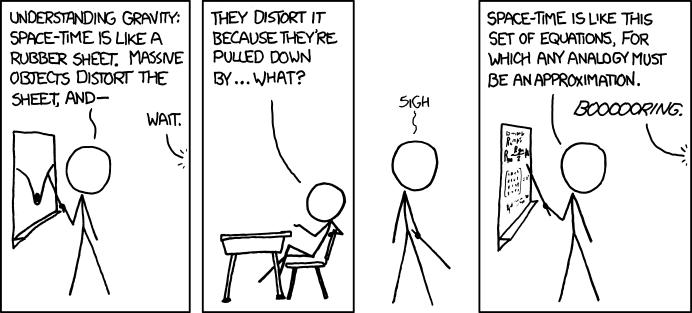It’s been a long time since we read a classic for book group. Kris and I have been suffering in silence as we slog through tedious book after book of poplit. Sure, some of this stuff can be fun, but very little of it is actually good, you know? And much of it is downright awful.
What a delight, then, to have two classics coming up in the rotation. Well, one classic and one book that is on its way to be coming one.
This month, we’re reading True Grit, my love of which I documented in December. This is a fantastic book, and I’m eager to re-read it.
Next month, we’re reading The Woman in White, published in 1859 by Wilkie Collins. The Woman in White is considered one of the first-ever mystery novels. And because it’s from the Victorian era, I have no doubt that I’ll love it. (I love British books from that time.)
Because I know True Grit so well, and because I want to listen to the audio version when we drive to Bend and back in a couple of weeks, I’m actually reading The Woman in White first. I’m about a tenth of the way through it, and I’m enjoying it immensely. Collins is an excellent (if melodramatic) writer. I particularly like the way he sketches his characters. Sometimes they feel almost Dickensian.
Here, for instance, is a passage describing a former governess. There’s nothing like this in the crap we’ve been reading for book group in recent months. This is awesome. (Bolding is mine.)
When I entered the room, I found Miss Halcombe and an elderly lady seated at the luncheon-table.
The elderly lady, when I was presented to her, proved to be Miss Fairlie’s former governess, Mrs. Vesey, who had been briefly described to me by my lively companion at the breakfast-table, as possessed of “all the cardinal virtues, and counting for nothing.” I can do little more than offer my humble testimony to the truthfulness of Miss Halcombe’s sketch of the old lady’s character.
Mrs. Vesey looked the personification of human composure and female amiability. A calm enjoyment of a calm existence beamed in drowsy smiles on her plump, placid face. Some of us rush through life, and some of us saunter through life. Mrs. Vesey sat through life. Sat in the house, early and late; sat in the garden; sat in unexpected window-seats in passages; sat (on a camp-stool) when her friends tried to take her out walking; sat before she looked at anything, before she talked of anything, before she answered Yes, or No, to the commonest question — always with the same serene smile on her lips, the same vacantly-attentive turn of the head, the same snugly-comfortable position of her hands and arms, under every possible change of domestic circumstances.
A mild, a compliant, an unutterably tranquil and harmless old lady, who never by any chance suggested the idea that she had been actually alive since the hour of her birth. Nature has so much to do in this world, and is engaged in generating such a vast variety of co-existent productions, that she must surely be now and then too flurried and confused to distinguish between the different processes that she is carrying on at the same time. Starting from this point of view, it will always remain my private persuasion that Nature was absorbed in making cabbages when Mrs. Vesey was born, and that the good lady suffered the consequences of a vegetable preoccupation in the mind of the Mother of us all.
“Now, Mrs. Vesey,” said Miss Halcombe, looking brighter, sharper, and readier than ever, by contrast with the undemonstrative old lady at her side, “what will you have? A cutlet?”
Mrs. Vesey crossed her dimpled hands on the edge of the table, smiled placidly, and said, “Yes, dear.”
“What is that opposite Mr. Hartright? Boiled chicken, is it not? I thought you liked boiled chicken better than cutlet, Mrs. Vesey?”
Mrs. Vesey took her dimpled hands off the edge of the table and crossed them on her lap instead; nodded contemplatively at the boiled chicken, and said, “Yes, dear.”
“Well, but which will you have, to-day? Shall Mr. Hartright give you some chicken? or shall I give you some cutlet?”
Mrs. Vesey put one of her dimpled hands back again on the edge of the table; hesitated drowsily, and said, “Which you please, dear.”
“Mercy on me! it’s a question for your taste, my good lady, not for mine. Suppose you have a little of both? and suppose you begin with the chicken, because Mr. Hartright looks devoured by anxiety to carve for you.”
Mrs. Vesey put the other dimpled hand back on the edge of the table; brightened dimly one moment; went out again the next; bowed obediently, and said, “If you please, sir.”
Surely a mild, a compliant, an unutterably tranquil and harmless old lady! But enough, perhaps, for the present, of Mrs. Vesey.
Love it! Ah, if only everything we read could be like this. (Or Proust.)





